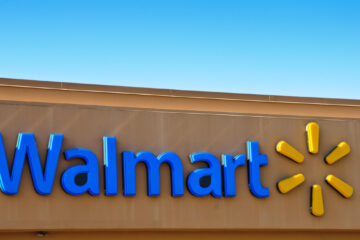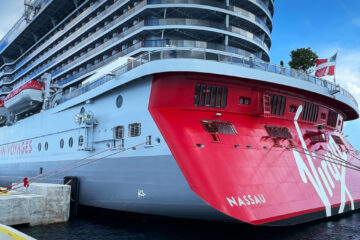A lack of one of the key ingredients in making beer could cause an important business to fall flat.
Thanks to the one-two punch of covid and an assortment of other troubling unrest in the world, many of us may have reached for a beer a little bit more often over the past few years.
However, that didn’t necessarily translate to good news for the spirits industry — at first. Sales plummeted as restaurants, bars, and sports venues shut their doors, and folks were a little too worried about going out in public than they were knocking back a cold one.
But all that changed by 2021, when it dawned on people that having a drink might be the only way to survive the pandemic with their sanity intact. Beer sales rebounded as folks decided to mask up and stock up (at the local liquor store, that is), and today the beer industry contributes a boggling $331 billion to the U.S. economy, per the Beer Institute.
This paired well with the impressive growth of the beer industry on the whole, which is more robust than ever before — accounting for more than 2.9 billion cases shipped in 2021. And thanks to the ever-growing popularity of craft breweries, those numbers are likely to keep on rising. Cheers for suds!
However, a new problem is bubbling up that just might mean it won’t be as easy to pick up your favorite six-pack next time you’re in the mood.
It’s All About the CO2
It may seem odd to consider that the substance we are exhaling with every outbreath and that’s blamed for global warming could suddenly be in short supply, but that’s very much the problem that could make beer harder to get in your near future.
Supply disruptions around carbon dioxide (CO2) have been a concern since 2020, when many Americans stopped commuting to work due to covid-19. Since carbon dioxide is a byproduct of ethanol and demand plummeted at that time because so many people no longer needed to fuel their cars for a commute, the carbon dioxide supply dwindled.
The problem was further exacerbated by a contamination issue at one of the country’s largest CO2 producers, located in Jackson Dome, Miss. Between raw gas from a mine reducing the available amount of food-grade CO2 and maintenance shutdowns at plants that produce CO2, there just isn’t enough to go around right now.
Carbon dioxide is a crucial component of carbonated beverages such as soda and beer, and is also turned into dry ice to keep foods frozen during shipments. It’s also used for moving beer between tanks or to kegs and canning lines, and brewers need it to purge oxygen from tanks.
Kraft Heinz (KHC) – Get The Kraft Heinz Company Report and Tyson Foods (TSN) – Get Tyson Foods Inc. Report are a few of the major businesses currently affected by the shortage, the Wall Street Journal reports, with Tyson seeking carbon dioxide for meat and poultry plants, saying it was in an “emergency state.”
Craft brewers are also concerned about the situation, but sadly, it’s hardly news to them at this point as the CO2 shortage has been on their radar for several years. However, some areas of the U.S are just starting to be affected by the problem, such as Night Shift Brewing in Everett, Mass., which recently learned that its CO2 supplier may not be able to deliver for a year — or more.


